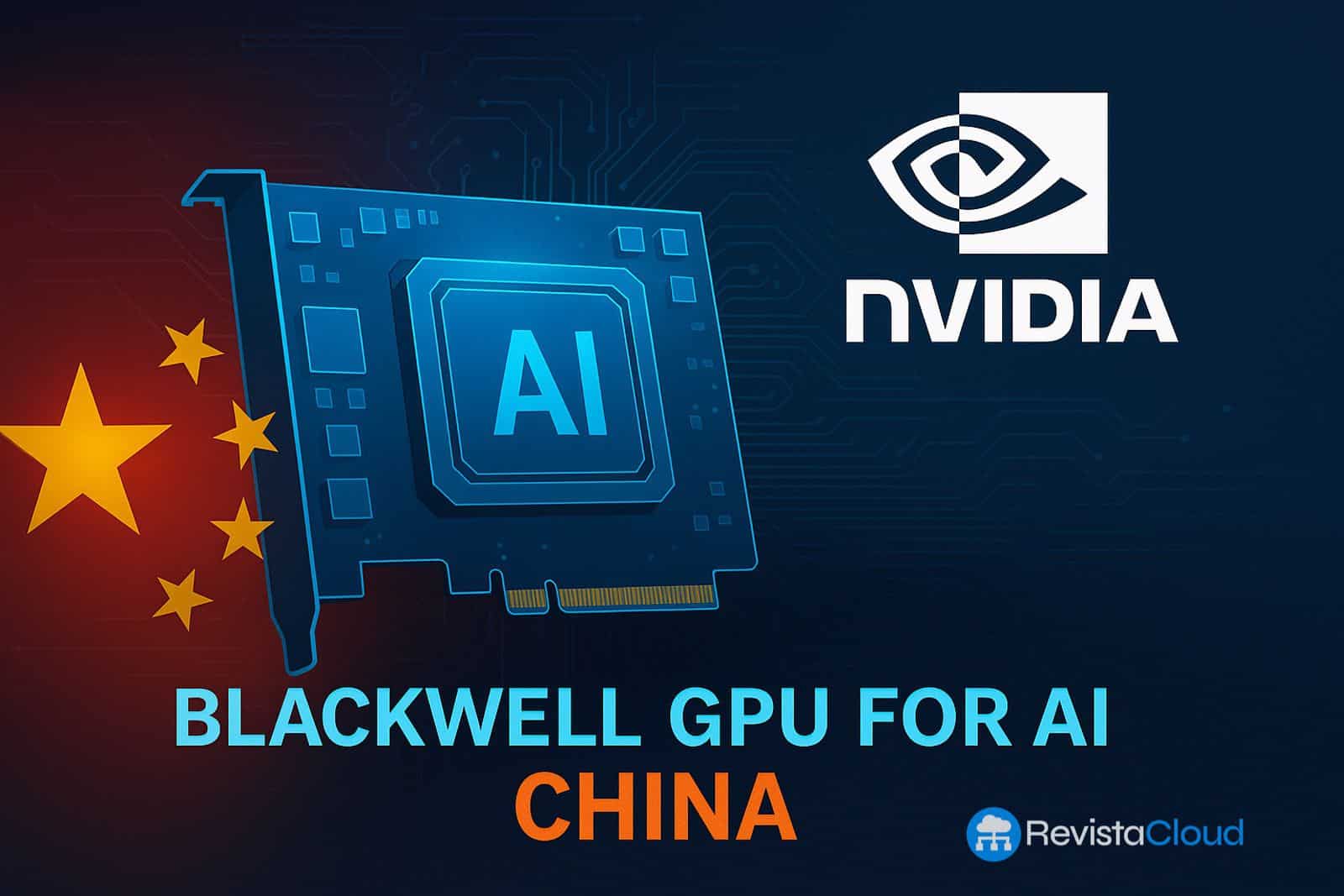In an increasingly tense geopolitical climate, NVIDIA has responded to accusations regarding alleged “backdoors” in its high-performance AI chips. In a statement issued late on July 31, the California-based company firmly declared that “their chips do not allow access or remote control by any third party.”
NVIDIA’s reply came hours after the Chinese Cyberspace Administration (CAC) officially summoned the company to demand explanations about supposed vulnerabilities detected in its chips sold within China. According to Chinese sources, these security flaws could potentially enable tracking techniques and remote shutdowns, which the American firm categorically denies.
“A core priority for us is cybersecurity. NVIDIA chips do not contain any backdoors nor do they permit remote control by third parties,” reiterated a company spokesperson.
Allegations of Remote Tracking and Shutdown
These suspicions are not new. Over recent weeks, AI experts in the U.S. and congressional lawmakers have raised concerns about the potential inclusion of mandatory tracking functions in high-performance chips exported mainly to China.
Several specialized media reported that technologies such as remote shutdown and embedded geolocation have reached a level of maturity suitable for integration into advanced chips like the H20, developed by NVIDIA as part of their limited offering to comply with U.S. Department of Commerce restrictions.
These revelations have raised alarms in Beijing. In their July 31 summons, the Cyberspace Administration demanded detailed documentation and guarantees that chips sold in China do not threaten national security or user privacy, in accordance with local laws such as the Cybersecurity Law, Personal Data Protection Law, and Data Security Law.
A Context of Technological Distrust
This episode has reignited tensions surrounding the use of foreign technological components in critical sectors. Last week, China’s Ministry of State Security issued a general warning about risks associated with imported products that could harbor hidden espionage capabilities, specifically mentioning chips, software, and smart devices that might have been tampered with during manufacturing.
The warning cited risks like remote activation of cameras and microphones or covert collection of sensitive data, recommending that strategic institutions adopt domestic hardware with fully autonomous technology.
This message was widely interpreted as an indirect reference to U.S. providers such as NVIDIA, which currently dominates the global AI chip market with over 80% market share in data centers and language model training.
Geopolitical and Market Consequences
The concern extends beyond technological issues into economic implications. Although NVIDIA assured that its sales in China comply strictly with international export regulations, the incident could affect its regional business.
In the days leading up to the controversy, NVIDIA’s stock experienced volatility, with some analysts suggesting that a loss of confidence in the Chinese market might impact its medium-term revenue forecasts. Conversely, Chinese companies like Huawei and local chip designers such as Cambricon saw significant gains following the investigations into the H20.
This tension also bolsters Beijing’s strategic narrative of technological self-sufficiency. Alongside this case, China’s industry continues efforts to develop complete ecosystems of national chips, especially in AI and supercomputing.
NVIDIA and the Future of Its Chips in China
The H20 was designed as a “censored” version of NVIDIA’s high-end GPUs, adapted to meet U.S. restrictions on sensitive technology exports. However, its success has been limited, and incidents like this cast doubt on its future in the Chinese market.
Despite NVIDIA’s conciliatory tone, Chinese authorities insist on rigorous audits of all critical components. There is also the possibility of new regulatory measures that could restrict the import or use of H20 chips in state projects or sensitive infrastructure.
Amid increasing distrust, the global tech sector watches closely to see how the Washington-Beijing power struggle over artificial intelligence and semiconductor dominance unfolds.
Conclusion:
Although NVIDIA has firmly denied the existence of backdoors in its H20 chips, regulatory pressure from China is intensifying. The stakes go beyond a commercial dispute; they involve the strategic control of the next computing era, where security, technological sovereignty, and digital trust are as crucial as computational power.
via: Mydrivers

